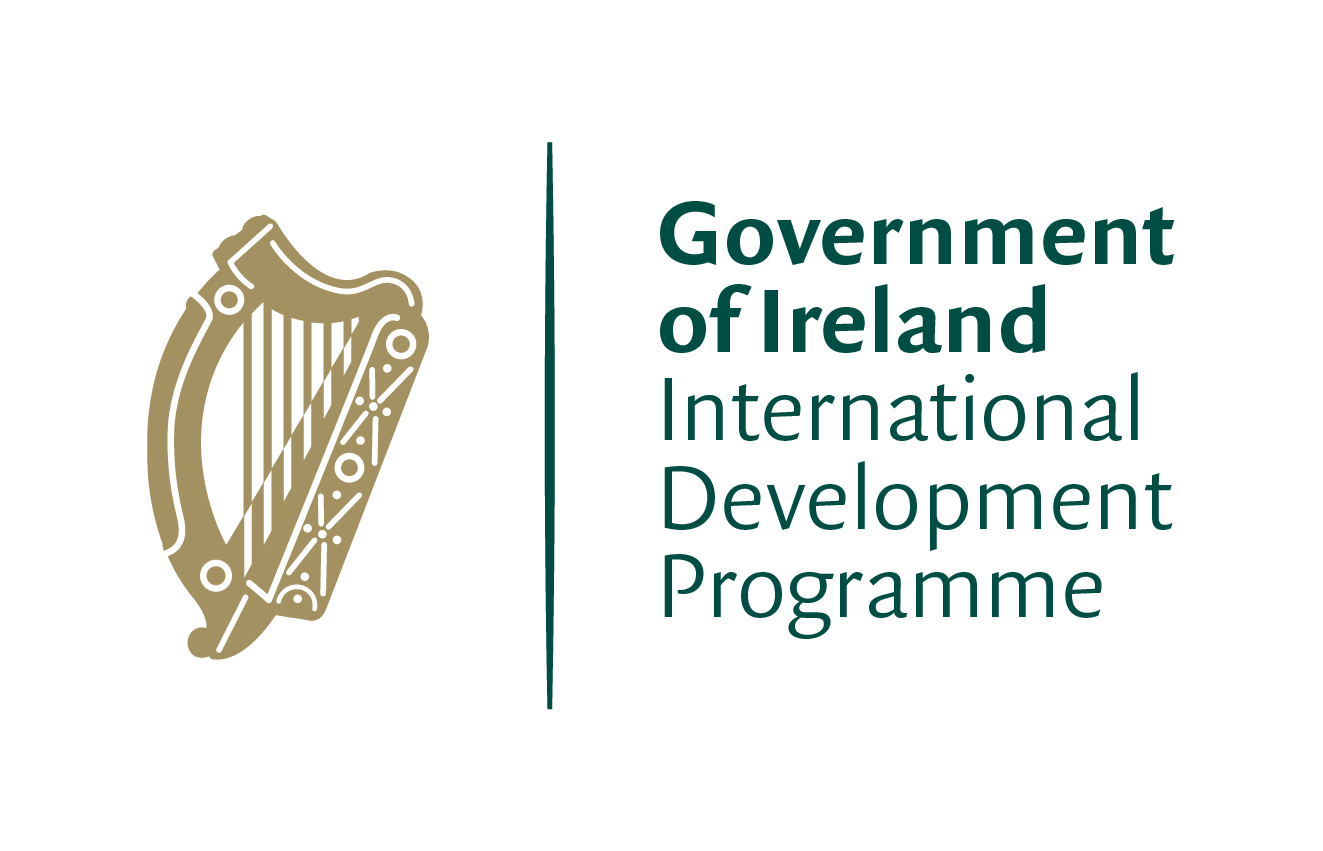Ireland and FiTI extend partnership to strengthen climate actions through transparent fisheries management in African SIDS

4 April 2024. The Embassy of Ireland in Tanzania and the Fisheries Transparency Initiative (FiTI) have agreed to continue their programme on “Strengthening climate actions through transparent fisheries management in African Small Island Developing States (SIDS)”. This new phase of the programme will be implemented over three years (April 2024 to March 2027) with a budget of 600,000 EUROs.
The programme covers all six African SIDS: those which are already engaged in the FiTI implementation process (Seychelles, Cabo Verde, São Tomé and Príncipe) as well as those now targeted by the FiTI (Comoros, Guinea-Bissau, Mauritius).
Small Island Developing States (SIDS) are prominent custodians of our blue planet, owning vast areas of the ocean. This includes most of the world’s tropical coral reefs and some of the ocean’s most productive fishing grounds. Consequently, marine fisheries tend to have greater national significance for SIDS in comparison to other coastal states. However, fishery resources continue to decline globally, including in SIDS.
Along with overfishing, climate change is one of the main threats to our ocean, and consequently to fisheries. Warmer temperatures and acidification influence the abundance, migratory patterns and mortality rates of wild fish stocks, with unpredictable consequences for fish catches, food security and government revenues and livelihoods. Sea-level rise will displace coastal fisheries from traditional coastal areas, requiring access to new land.
Many developing coastal states and SIDS are ill-prepared to adapt to the critical challenges the climate crisis poses to their fisheries. In many cases, climate science is not mainstreamed into fisheries management decisions, and fisheries tend not to be sufficiently included in national climate adaptation plans.
According to Sven Biermann, Executive Director of the Fisheries Transparency Initiative (FiTI) “It is evident that the negative effects of climate-related changes will further accelerate where fish stocks are already vulnerable due to overfishing. Climate-related changes may also amplify inequalities and conflicts in the fisheries sector. At the same time, effective fisheries management has not only proven to successfully rebuild stocks and increase catches within ecosystem boundaries, but it is increasingly seen as an important mitigation tool against climate change. But fisheries management cannot be effective without the public accessibility of credible information.”
Given the importance of fisheries management transparency in the context of the climate crisis, this three-year programme will work closely with African SIDS to pursue the following three interrelated objectives:
- Enabling national stakeholders to strengthen governance of fisheries management by increasing the accessibility, credibility and usability of national fisheries management information;
- Supporting national stakeholders to determine and start implementing recommendations to mitigate and adapt to threats to sustainable fisheries posed by climate change; and
- Strengthening the link between transparency and fisheries-related climate actions through the adoption of respective transparency requirements in the FiTI Standard.
According to Mary O’Neill, Ambassador of Ireland to Tanzania, “Ireland recognises the importance of the fisheries sector and marine resources to communities and ecosystems in supporting climate resilience, food security, livelihoods and sustainable economic growth. The sector and resources are faced with a range of complex challenges as a result of climate change. I am therefore very pleased to continue our partnership with the FiTI to support African SIDS in responding to these challenges in a practical way, by enhancing transparency in fisheries and implementing climate actions in this sector. This programme forms part of Ireland’s international climate finance commitments as well as our historical and ongoing support for the sustainable development of SIDS.”